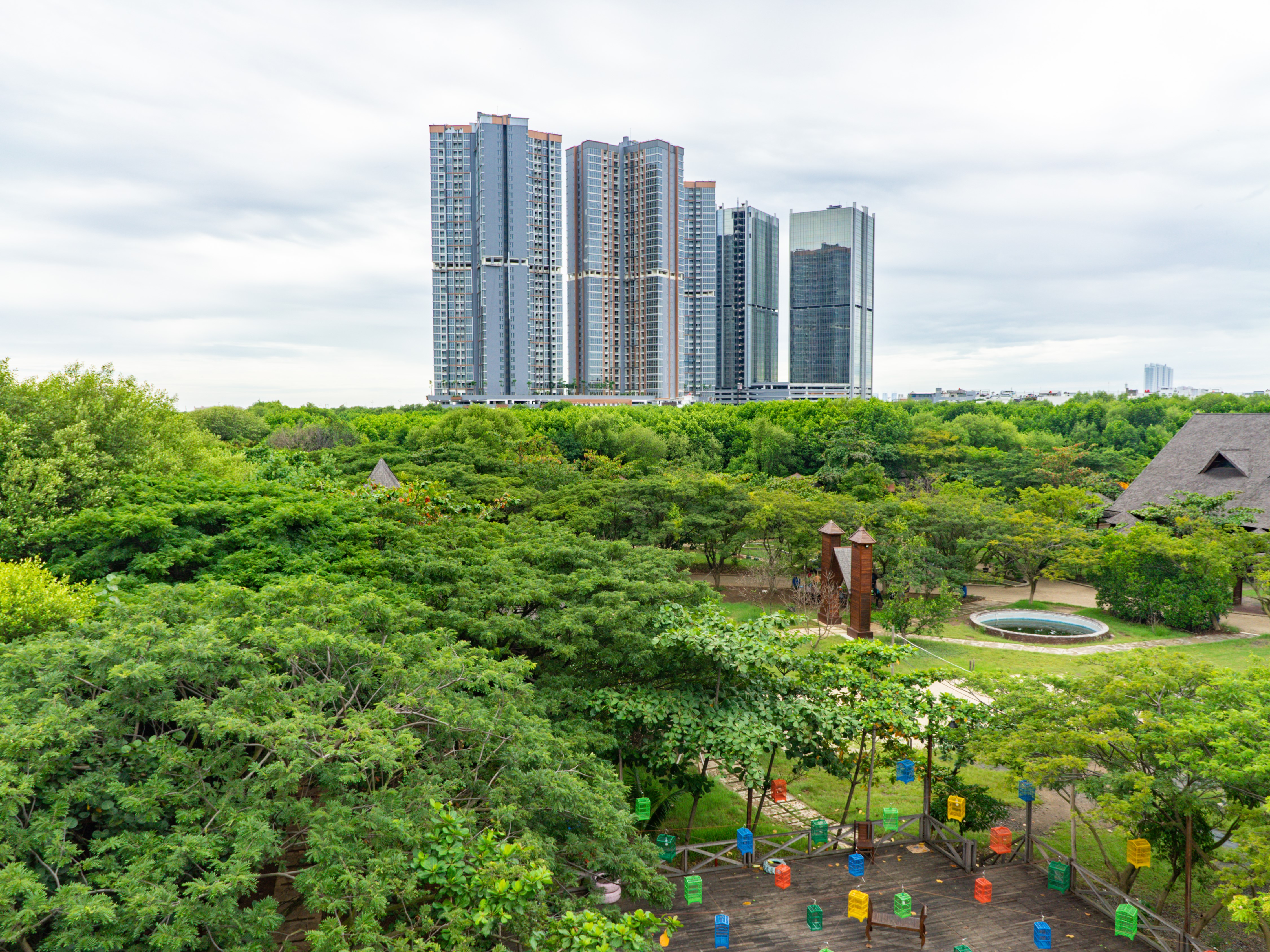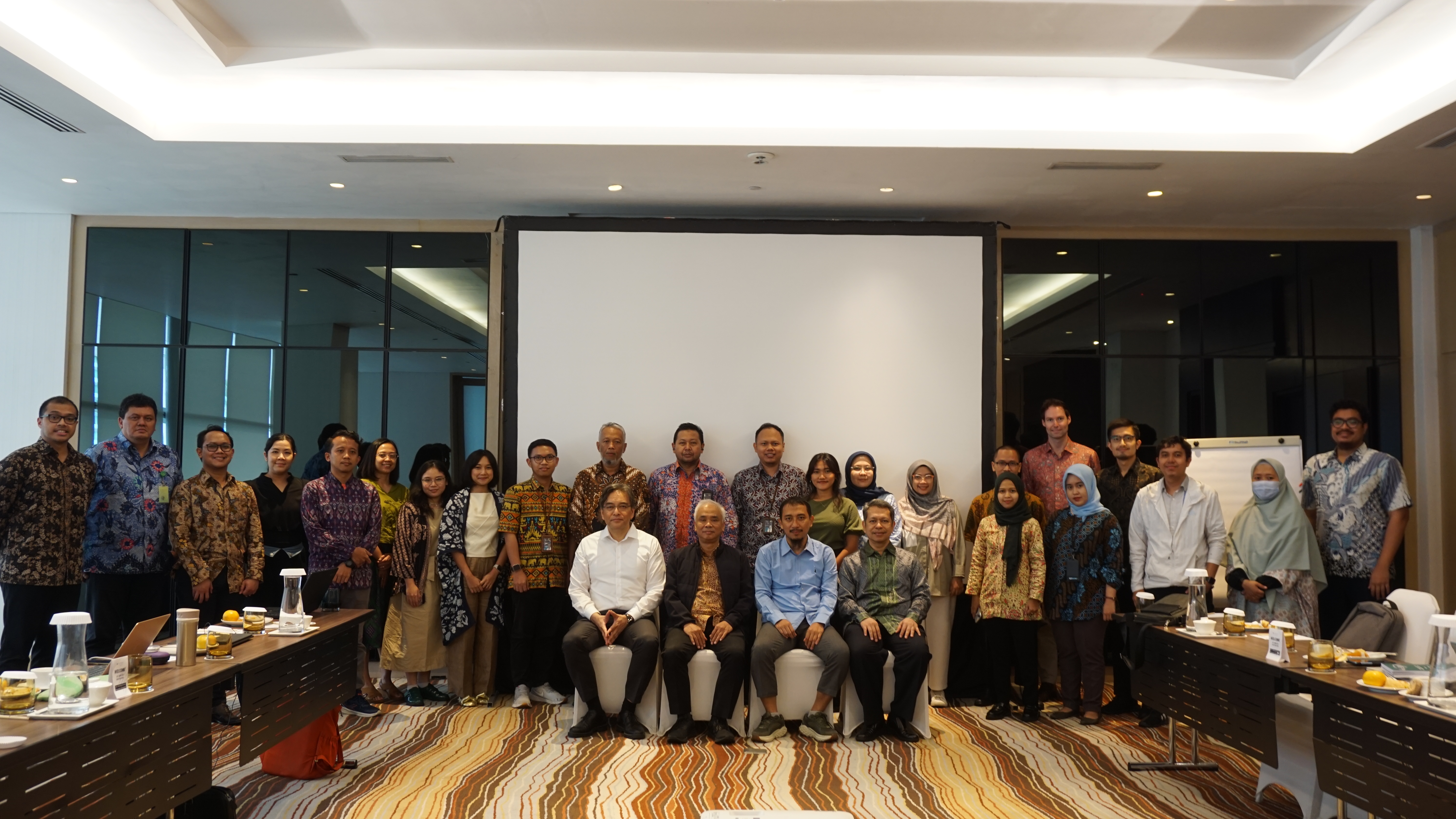GoI & GGGI to Design Green SEZ Guidelines
The Coordinating Ministry for Economic Affairs (CMEA) and the National Council for Special Economic Zones (NCSEZ), collaborating with GGGI, has drafted a document that provides a conceptual framework for policy makers in Indonesia to implement green Special Economic Zones (SEZs).
The Green SEZ Guidelines proposes incentive-based policy measures which can be adopted by SEZ developers to design socially inclusive and environmentally responsible economic zones. A series of focus group discussions (FGDs) are being conducted to pave the way for the Green SEZ Guidelines to be endorsed and adopted by the Government of Indonesia in 2019.
CMEA and NCSEZ initiated a meeting with the Implementation Team of the NCSEZ on 21 December 2018. The Implementation Team, consisting of representatives from various relevant Ministries, were informed of the importance of sustainability issues due to SEZs’ unique features in terms of attracting foreign investments into the country. One of the major reasons is Indonesia’s disaster-prone location, which in turn demands prioritization of disaster-related measures. The Green SEZ Guidelines, aiming to harmonize different national standards and international best practices, could support the realization of SEZs into disaster-resilient and green regional economic growth hubs. The Implementation Team reached a consensus that the implementation of the Guidelines is crucial, thus requiring it to be adopted into the existing regulatory framework of SEZ development.
On 28 February 2019 CMEA and NCSEZ hosted another FGD to consult with the Implementation Team at the Echelon 1 level. The team supports the Guidelines on the basis that the global market increasingly demands “green” commodities and services and current national standards necessitate improvement to attract more investments. Stakeholders were also assured that the Guidelines will not fundamentally change the whole existing regulatory framework but rather complement it by proposing interventions to “green” practices. The participants recommended that the Guidelines be reviewed to avoid regulatory conflicts with national regulations governing SEZ development.
The Guidelines propose Basic and Premium Green SEZ Certificates that are awarded to SEZs complying to mandatory standards or voluntarily going beyond such standards which can be used as a marketing tool to attract more investments. In spite of enforcement concerns, the participants agreed that national standards need to be improved and suggested that a Presidential Instruction would be sufficient to have the Guidelines adopted. The meeting was concluded with the recommendation that a technical review of the Guidelines be conducted as a step towards its adoption.




